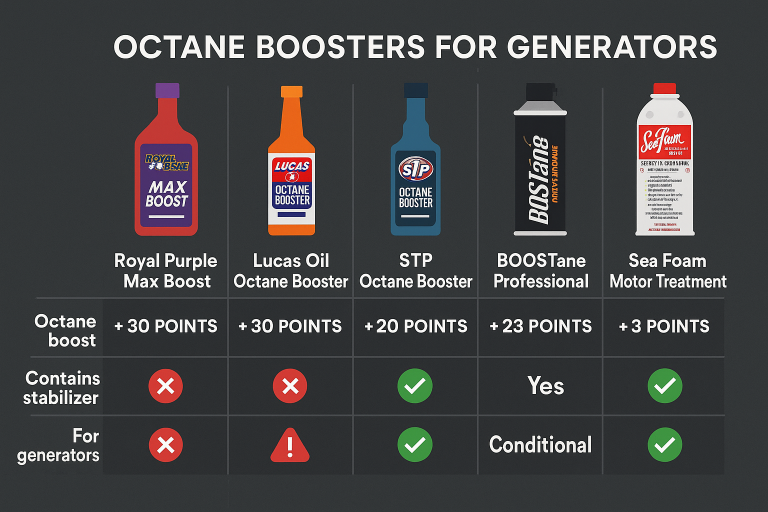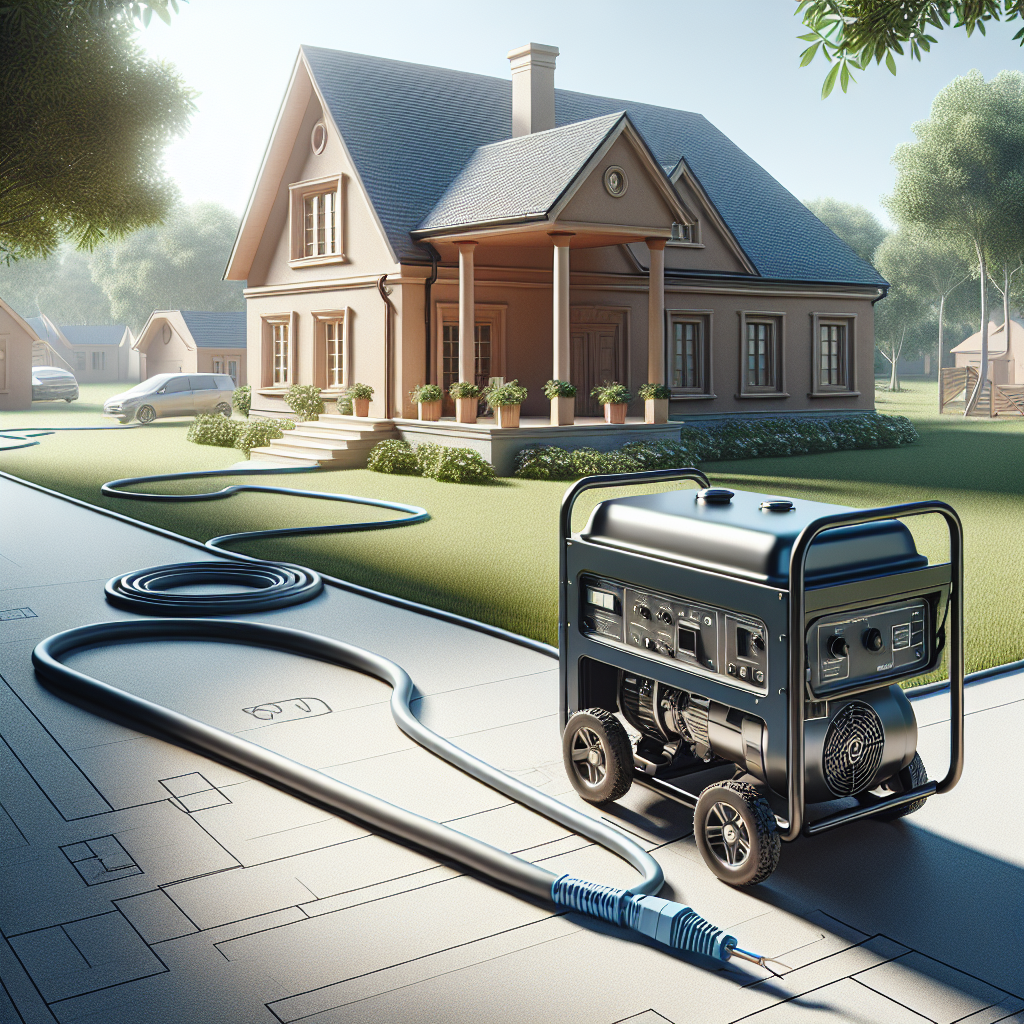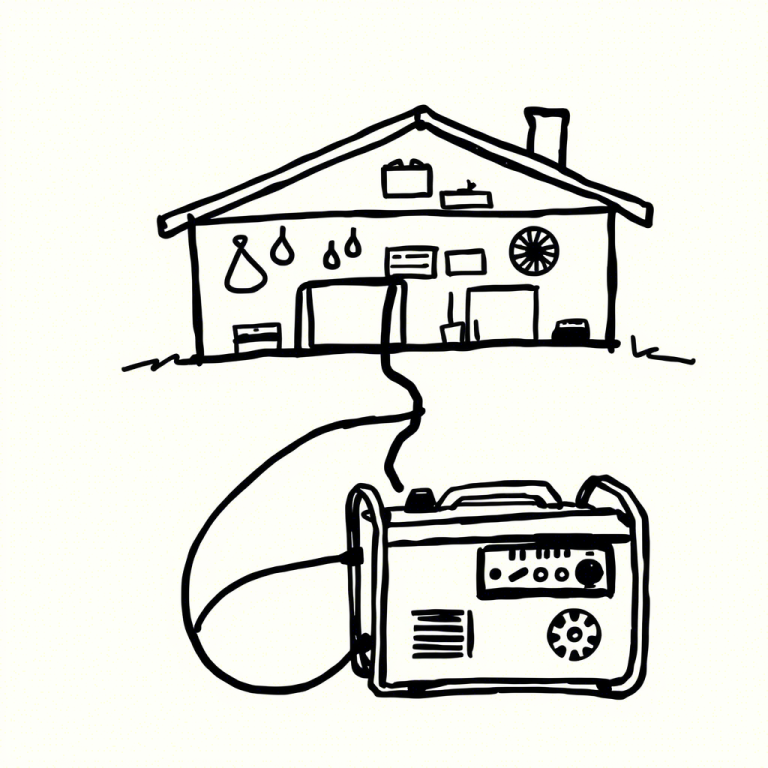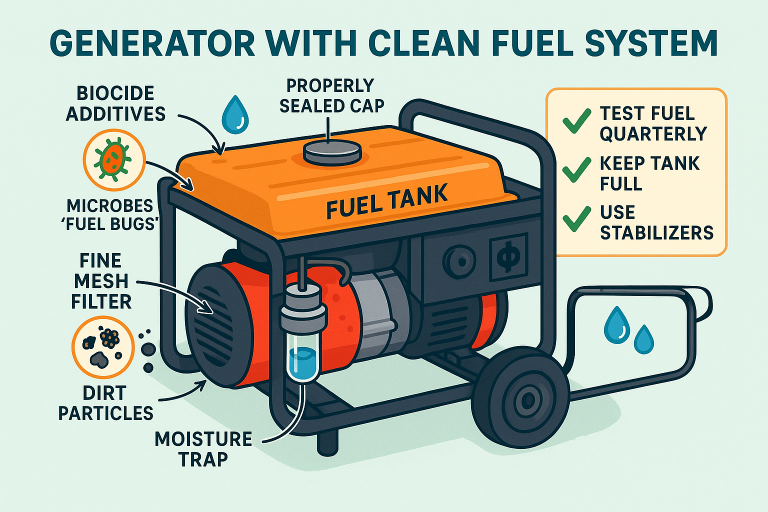Are Power Generators Waterproof?
Power generators are mechanical devices that convert mechanical energy into electrical energy. They are used to provide backup power in the event of an outage or to supply power to areas that do not have access to the grid. Power generators come in a variety of sizes and types, and they can be powered by a variety of fuels including gasoline, diesel, propane, and natural gas.
Power generators are designed to operate in a variety of weather conditions, but they are not typically waterproof. Most generators are designed to be used outdoors, so they are built to be weather-resistant and able to withstand rain and other forms of precipitation. However, they are not designed to be fully submerged in water or to be used in extreme weather conditions such as a flood.
If you need to use a generator in wet conditions, it is important to keep it dry and protect it from the elements as much as possible. You can do this by placing it on a dry, elevated surface, using a canopy or cover to shield it from the rain, and making sure that any electrical outlets or connections are properly sealed and protected. It is also important to follow the manufacturer’s instructions for operating the generator in wet conditions, as some generators may be more susceptible to water damage than others.
Water can be especially damaging to power generators because it can short-circuit the electrical components, causing the generator to malfunction or even catch fire. It can also cause rust and corrosion to form on the metal parts of the generator, which can weaken the structure and reduce its lifespan. For these reasons, it is important to keep your power generator dry and to take steps to protect it from the elements, especially if you live in an area that is prone to heavy rain or other forms of precipitation.
There are some power generators that are specifically designed to be waterproof or water-resistant, but these are typically intended for use in marine or other specialized applications. These generators may have special coatings or seals to protect against water damage, and they may be more expensive than standard generators. If you need a generator for use in wet conditions, it is important to carefully research your options and choose a generator that is suitable for your needs.
In conclusion, power generators are not generally waterproof, but they can be used in wet conditions as long as they are kept dry and protected from the elements. It is important to follow the manufacturer’s instructions for operating the generator in wet conditions and to take steps to protect it from water damage. There are some power generators that are designed to be water-resistant or waterproof, but these are typically more expensive and intended for specialized applications.





